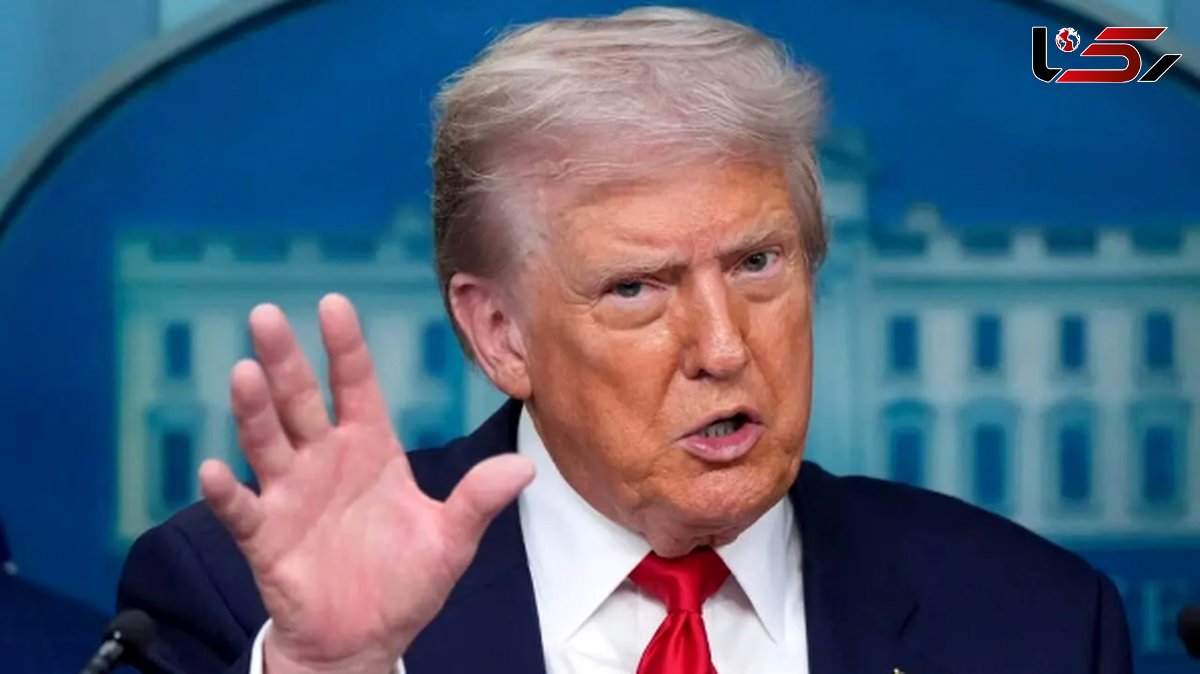The Secret Behind Hamas’s Success in Influencing Trump: Analysis of a Controversial Statement
Rokna Political Desk: The controversial dynamic between Donald Trump and Hamas has raised a critical question: could Hamas’s response to Trump’s ceasefire proposal for Gaza pave the way for a historic achievement for the U.S. president in the Middle East, even earning him the Nobel Peace Prize?

Saber Gol-Anbari, an expert on the Arab world and Middle East affairs, offered his analysis in a commentary titled “Hamas’s Response and Trump’s Satisfaction!” on his Telegram channel.
Hamas published its response to Donald Trump’s ceasefire plan for Gaza, and the U.S. president, in a remarkable move signaling approval, immediately republished it in full on his social media platform. While Israel and Prime Minister Netanyahu have remained completely silent, Trump called on Truth Social for an immediate halt to the bombing of the Gaza Strip to enable the safe and swift release of hostages. He stated: “I believe they are ready for lasting peace.”
Gol-Anbari noted that Trump also emphasized details were still under review and no agreement had yet been reached. Following Trump’s reception, Egypt, Qatar, and other states likewise welcomed Hamas’s response.
It appears Hamas has found the key to appealing to Trump. At the outset of its response, it directly addressed Trump’s psyche, praising his efforts to end the war, exchange prisoners, facilitate immediate humanitarian aid, oppose the occupation of Gaza, and reject the displacement of Palestinians. This rhetoric likely appealed to Trump, prompting him to share the statement and express satisfaction.
The statement itself was crafted with precision. Hamas welcomed parts of Trump’s plan, including provisions on hostage release, ending the war, and the full withdrawal of Israel from Gaza, while calling for amendments or clarifications in other areas and tying them to a Palestinian national consensus. Hamas reiterated its earlier agreement to the formation of a committee of independent Palestinian figures to administer Gaza.
In essence, the content of Hamas’s statement reiterated the group’s long-standing demands: a complete halt to the war and full Israeli withdrawal from Gaza in exchange for the comprehensive release of hostages. What was different, however, was the tone—calibrated to resonate with Trump’s self-regard. At the same time, contentious issues such as Gaza’s future and disarmament were framed as matters requiring national consensus and deliberation within a unified Palestinian framework, based on international laws and resolutions.
Trump’s endorsement of Hamas’s statement, however, has placed Netanyahu and his allies under severe pressure.
Nonetheless, Gol-Anbari cautioned that nothing should yet be considered finalized. It remains to be seen whether Trump’s rapid embrace of Hamas’s response is merely a tactical step aimed at securing the release of hostages, after which Netanyahu may press for conditions such as disarmament. Alternatively, future negotiations may yield guarantees from mediators to prevent the resumption of war under any circumstances. Another possibility is that Trump’s earlier statements with Netanyahu—emphasizing the need for Gaza’s disarmament—were simply tactics to secure Netanyahu’s immediate consent, while in reality Trump has aligned with the concerns of Arab and Islamic leaders.
It is clear that, facing stalemates in three major foreign policy challenges—Ukraine, Iran, and Gaza—Trump is determined to secure a major breakthrough that could serve as grounds for pursuing the Nobel Peace Prize. Hamas’s response, in this context, may present him with a crucial opportunity in the Middle East.
The next critical steps will be Israel’s formal reaction and the trajectory of negotiations over prisoner exchanges and other matters. Still, Trump’s embrace of Hamas’s statement, combined with the broad international reception it received, could signal hope for ending what many view as a genocidal war.
It should also be noted that yesterday Trump held a conversation with President Erdogan of Turkey, and two days earlier he spoke with the Emir of Qatar. These discussions may well have influenced Hamas’s response and Trump’s subsequent stance.
Send Comments